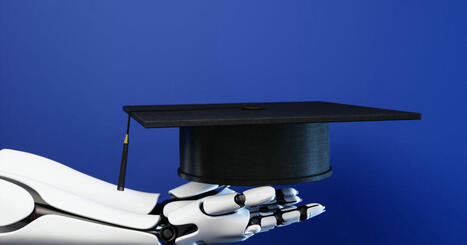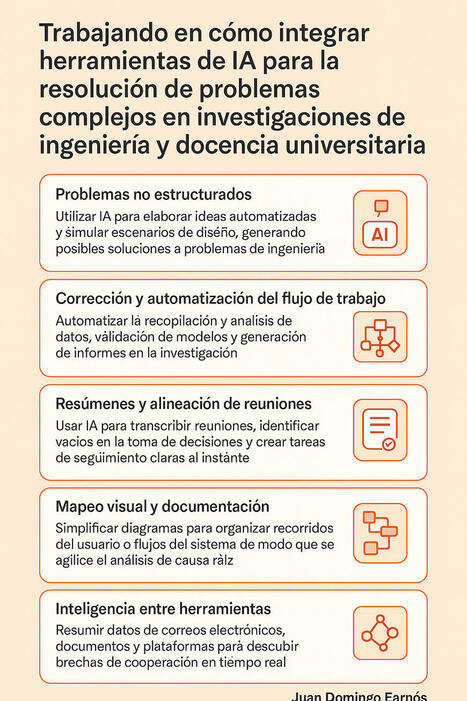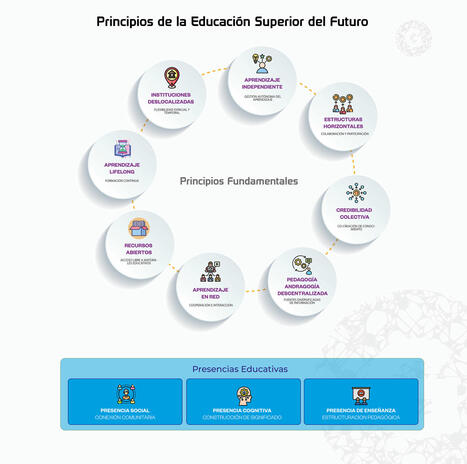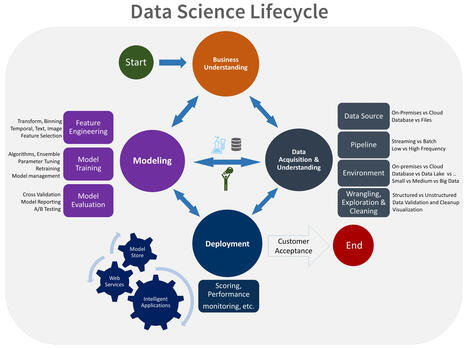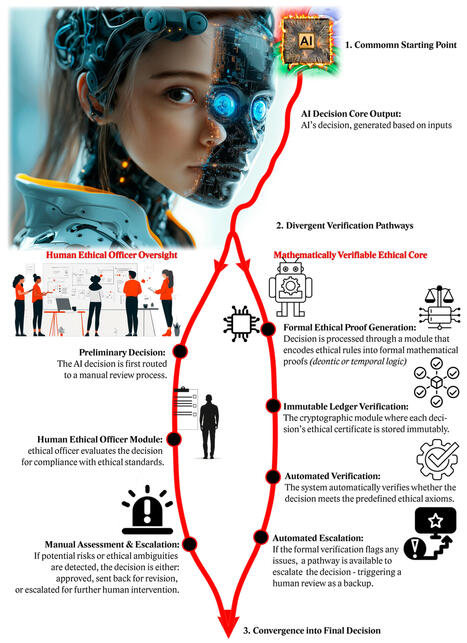AI: Explore how Artificial Intelligence is reshaping human cognition, creativity, and the implications of an algorithm-driven world. Are we risking conformity and mediocrity or unlocking new intellectual potential?
"
Is AI sparking a cognitive revolution that will lead to mediocrity and conformity?
What happens to the writer who no longer struggles with the perfect phrase, or the designer who no longer sketches dozens of variations before finding the right one? Will they become increasingly dependent on these cognitive prosthetics, similar to how using GPS diminishes navigation skills? And how can human creativity and critical thinking be preserved in an age of algorithmic abundance?
PTI
Updated On Jun 3, 2025 at 04:25 PM IST
Highlights
The rise of artificial intelligence is reshaping cognitive processes in various fields, prompting concerns about the potential loss of originality and depth in creative work as reliance on AI tools increases.
Generative AI, while capable of producing competent-sounding content, often lacks true creativity and originality, as it predominantly reflects and rearranges existing human-created material.
The challenge posed by the cognitive revolution driven by artificial intelligence is not only technological but also cultural, as it raises questions about preserving the irreplaceable value of human creativity amid a surge of algorithmically generated content.
Representative image
Artificial Intelligence began as a quest to simulate the human brain.
Is it now in the process of transforming the human brain's role in daily life?
The Industrial Revolution diminished the need for manual labour. As someone who researches the application of AI in international business, I can't help but wonder whether it is spurring a cognitive revolution, obviating the need for certain cognitive processes as it reshapes how students, workers and artists write, design and decide.
Advt
Graphic designers use AI to quickly create a slate of potential logos for their clients. Marketers test how AI-generated customer profiles will respond to ad campaigns. Software engineers deploy AI coding assistants. Students wield AI to draft essays in record time - and teachers use similar tools to provide feedback.
The economic and cultural implications are profound.
EVENT
Enhance CX with Conversational Journeys via WhatsApp
Thu, 05 Jun 2025
Mumbai
Register Now
EVENT
The Big Leap Collective
Thu, 05 Jun 2025
Chennai
Register Now
EVENT
The Future Ready CMO Roundtable Series
Fri, 06 Jun 2025
Mumbai
Register Now
EVENT
Brand World Summit 2025
Fri, 04 Jul 2025
Grand Hyatt, BKC, Mumbai
Register Now
AWARD
Shark Awards 2025
Fri, 04 Jul 2025
Know More
EVENT
Martech+ Summit 2025
Thu, 04 Sep 2025
Gurugram
Register Now
AWARD
Martech+ Awards 2025
Thu, 04 Sep 2025
Know More
EVENT
DigiPlus Fest 2025
Fri, 05 Sep 2025
Gurugram
Register Now
AWARD
DigiPlus Awards 2025
Nominations till Tue, 08 Jul 2025
Nominate Now
EVENT
Brand World Summit South 2025
Thu, 20 Nov 2025
Chennai
Register Now
What happens to the writer who no longer struggles with the perfect phrase, or the designer who no longer sketches dozens of variations before finding the right one? Will they become increasingly dependent on these cognitive prosthetics, similar to how using GPS diminishes navigation skills? And how can human creativity and critical thinking be preserved in an age of algorithmic abundance?
Advt
Echoes of the industrial revolution
We've been here before.
The Industrial Revolution replaced artisanal craftsmanship with mechanised production, enabling goods to be replicated and manufactured on a mass scale.
Shoes, cars and crops could be produced efficiently and uniformly. But products also became more bland, predictable and stripped of individuality. Craftsmanship retreated to the margins, as a luxury or a form of resistance.
Today, there's a similar risk with the automation of thought. Generative AI tempts users to conflate speed with quality, productivity with originality.
The danger is not that AI will fail us, but that people will accept the mediocrity of its outputs as the norm. When everything is fast, frictionless and "good enough," there's the risk of losing the depth, nuance and intellectual richness that define exceptional human work.
The rise of algorithmic mediocrity
Despite the name, AI doesn't actually think.
Tools such as ChatGPT, Claude and Gemini process massive volumes of human-created content, often scraped from the internet without context or permission. Their outputs are statistical predictions of what word or pixel is likely to follow based on patterns in data they have processed.
They are, in essence, mirrors that reflect collective human creative output back to users - rearranged and recombined, but fundamentally derivative.
And this, in many ways, is precisely why they work so well.
Consider the countless emails people write, the slide decks strategy consultants prepare and the advertisements that suffuse social media feeds. Much of this content follows predictable patterns and established formulas. It has been there before, in one form or the other.
Generative AI excels at producing competent-sounding content - lists, summaries, press releases, advertisements - that bears the signs of human creation without that spark of ingenuity. It thrives in contexts where the demand for originality is low and when "good enough" is, well, good enough.
When AI sparks - and stifles - creativity
Yet, even in a world of formulaic content, AI can be surprisingly helpful.
In one set of experiments, researchers tasked people with completing various creative challenges. They found that those who used generative AI produced ideas that were, on average, more creative, outperforming participants who used web searches or no aids at all. In other words, AI can, in fact, elevate baseline creative performance.
However, further analysis revealed a critical trade-off: Reliance on AI systems for brainstorming significantly reduced the diversity of ideas produced, which is a crucial element for creative breakthroughs. The systems tend to converge toward a predictable middle rather than exploring unconventional possibilities at the edges.
I wasn't surprised by these findings. My students and I have found that the outputs of generative AI systems are most closely aligned with the values and world views of wealthy, English-speaking nations. This inherent bias quite naturally constrains the diversity of ideas these systems can generate.
More troubling still, brief interactions with AI systems can subtly reshape how people approach problems and imagine solutions.
One set of experiments tasked participants with making medical diagnoses with the help of AI. However, the researchers designed the experiment so that AI would give some participants flawed suggestions. Even after those participants stopped using the AI tool, they tended to unconsciously adopt those biases and make errors in their own decisions.
What begins as a convenient shortcut risks becoming a self-reinforcing loop of diminishing originality - not because these tools produce objectively poor content, but because they quietly narrow the bandwidth of human creativity itself.
Navigating the cognitive revolution
True creativity, innovation and research are not just probabilistic recombinations of past data. They require conceptual leaps, cross-disciplinary thinking and real-world experience. These are qualities AI cannot replicate. It cannot invent the future. It can only remix the past.
What AI generates may satisfy a short-term need: a quick summary, a plausible design, a passable script. But it rarely transforms, and genuine originality risks being drowned in a sea of algorithmic sameness.
The challenge, then, isn't just technological. It's cultural.
How can the irreplaceable value of human creativity be preserved amid this flood of synthetic content?
The historical parallel with industrialisation offers both caution and hope. Mechanisation displaced many workers but also gave rise to new forms of labour, education and prosperity. Similarly, while AI systems may automate some cognitive tasks, they may also open up new intellectual frontiers by simulating intellectual abilities. In doing so, they may take on creative responsibilities, such as inventing novel processes or developing criteria to evaluate their own outputs.
This transformation is only at its early stages. Each new generation of AI models will produce outputs that once seemed like the purview of science fiction. The responsibility lies with professionals, educators and policymakers to shape this cognitive revolution with intention.
Will it lead to intellectual flourishing or dependency? To a renaissance of human creativity or its gradual obsolescence?
The answer, for now, is up in the air.
Published On Jun 3, 2025 at 04:20 PM IST
https://brandequity.economictimes.indiatimes.com/amp/news/digital/ai-the-catalyst-for-a-cognitive-revolution-or-a-slip-into-mediocrity/121595312
Via
Charles Tiayon



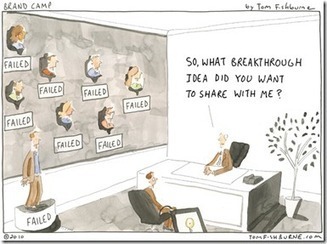


 Your new post is loading...
Your new post is loading...
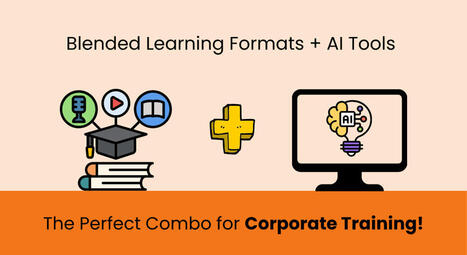
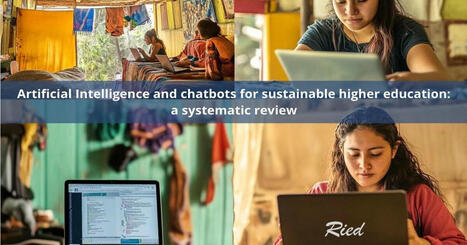



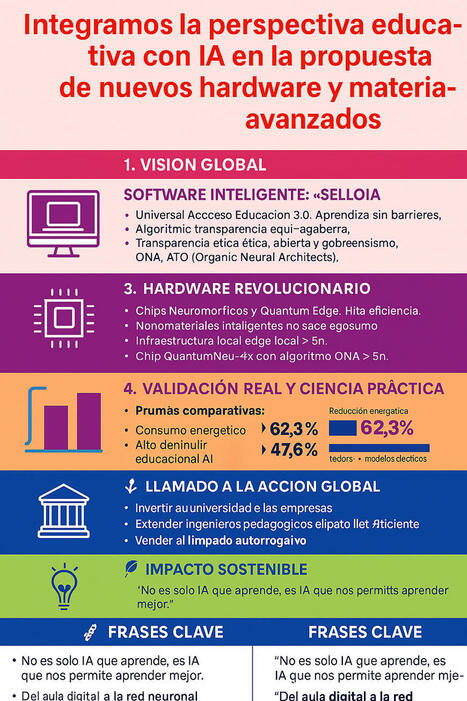
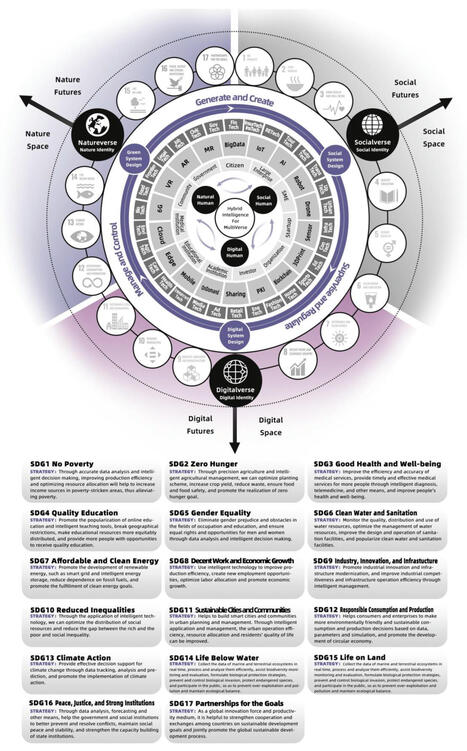
![[documental] El sistema educativo representa la mayor trampa del mundo moderno I Schopenhauer y Nietzsche | E-Learning-Inclusivo (Mashup) | Scoop.it](https://img.scoop.it/gOkgVPiL-_3BN9eB8mGArjl72eJkfbmt4t8yenImKBVvK0kTmF0xjctABnaLJIm9)

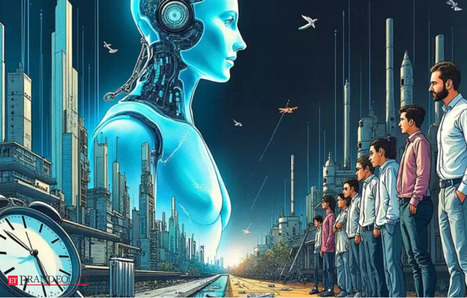




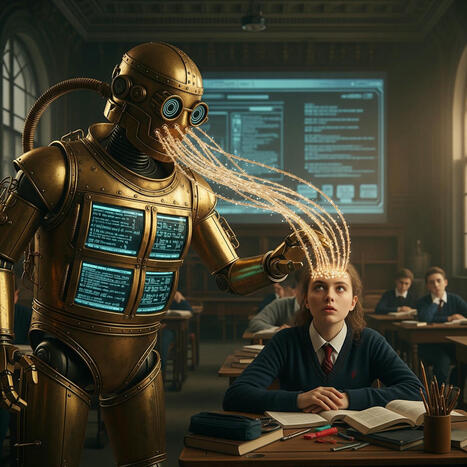



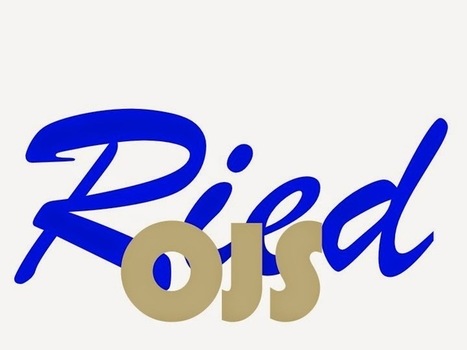
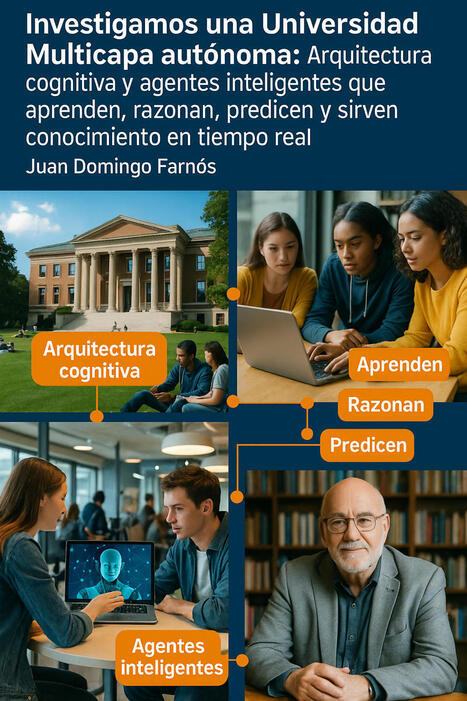
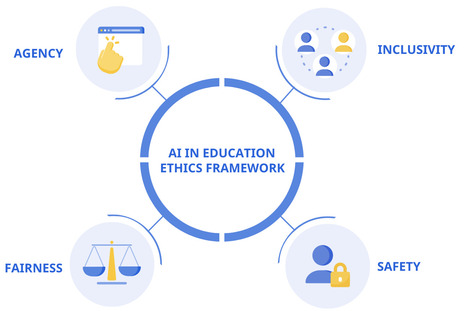
![[PDF] Futuristic insights on Education components: How education can meet the demands of an ever-changing world | E-Learning-Inclusivo (Mashup) | Scoop.it](https://img.scoop.it/ct67-p-Vzwuz9CPH4eP7Kjl72eJkfbmt4t8yenImKBVvK0kTmF0xjctABnaLJIm9)
